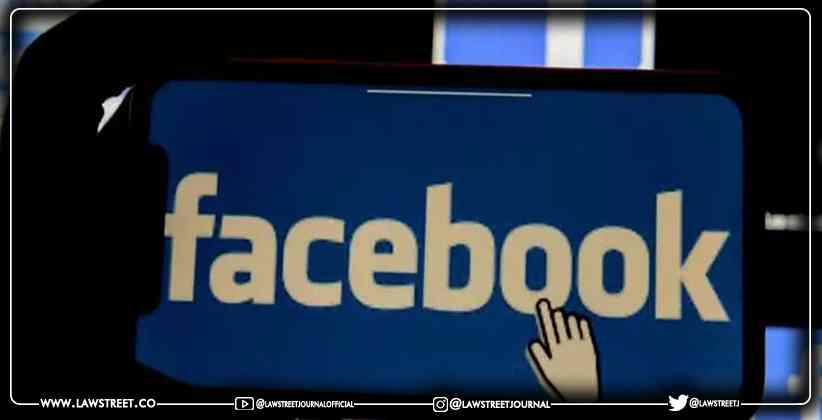Australian Competition and Consumer Commission (ACCC) is investigating a claim that Facebook refused a publishers request to negotiate a licensing deal, setting the stage for the first test of the worlds toughest online content law.
The Conversation, an Australian media outlet, had asked Facebook to begin talks as required under the new Australian legislation that requires the social media firm and Alphabet (NASDAQ: GOOGL) Incs Google to negotiate content supply deals with media outlets.
Facebook declined to conduct any such talks, even though the publisher was among the first in Australia to secure a similar deal with Google.
This defiance could pave the way for the first test of a controversial mechanism unique to Australia, in an attempt to recover advertising dollars from Google and Facebook.
If Googles done a deal with them, I cant see how Facebook should argue that they shouldnt, Rod Sims, the chair of the Australian Competition and Consumer Commission said in an interview.
If Google and Facebook refuse to negotiate license fees with publishers, a government-appointed arbitrator may step in.
The question of designation might need to come into play, Sims noted, using the term for assigning an arbitrator.
Editor of The Conversation Misha Ketchell said that obviously we are disappointed that we havent been able to engage in negotiations with Facebook so far, but we remain optimistic that we will be able to reach an agreement.
Andrew Hunter, Facebooks head of news partnerships, said the company was focused on concluding commercial deals with a range of Australian publishers.
He added that Facebook was planning a separate initiative to support regional, rural, and digital Australian newsrooms and public-interest journalism in the coming months.
Governments around the world are introducing laws to make the tech giants compensate media companies for the links that drive readers and advertising revenue to their platforms. But Australia is the only country where the government may set the fees if negotiations fail, a factor that drove Facebook to block newsfeeds in the country just before it was passed.
A handful of Australias biggest media players have struck deals with tech giants since the law took effect. However, small and independent publishers whose content helps draw four fifths of Australias 25 million population to Facebook missed out on these deals.
They claim that the law has created a two-tier industry where rival titles that were owned by large parent companies were able to secure deals while the others missed out.
Nelson Yap, the publisher of the Australian Property Journal, which is covered by the law, said he was in early discussion with Google but had emailed Facebook with no response.
He said he read Facebooks public statements about talking to publishers and added, Im sitting here going, with whom? Not with us. Despite reaching out, we havent heard anything. Were all scratching our heads, trying to work out what to do next.
While the Facebook spokesperson refused to answer questions about any contact with the Property Journal, Country Press Australia, a regional newspaper industry group, said it was holding constructive talks with Facebook on behalf of about 140 publishers.
Rod Simms, ACCCs Chair said the deal pipeline had gone quieter than I would have envisaged but urged small publishers to be patient.
On the one hand Im concerned that people arent getting a response to the emails, on the other hand, I have seen it before and then things change and deals get done, he said.






